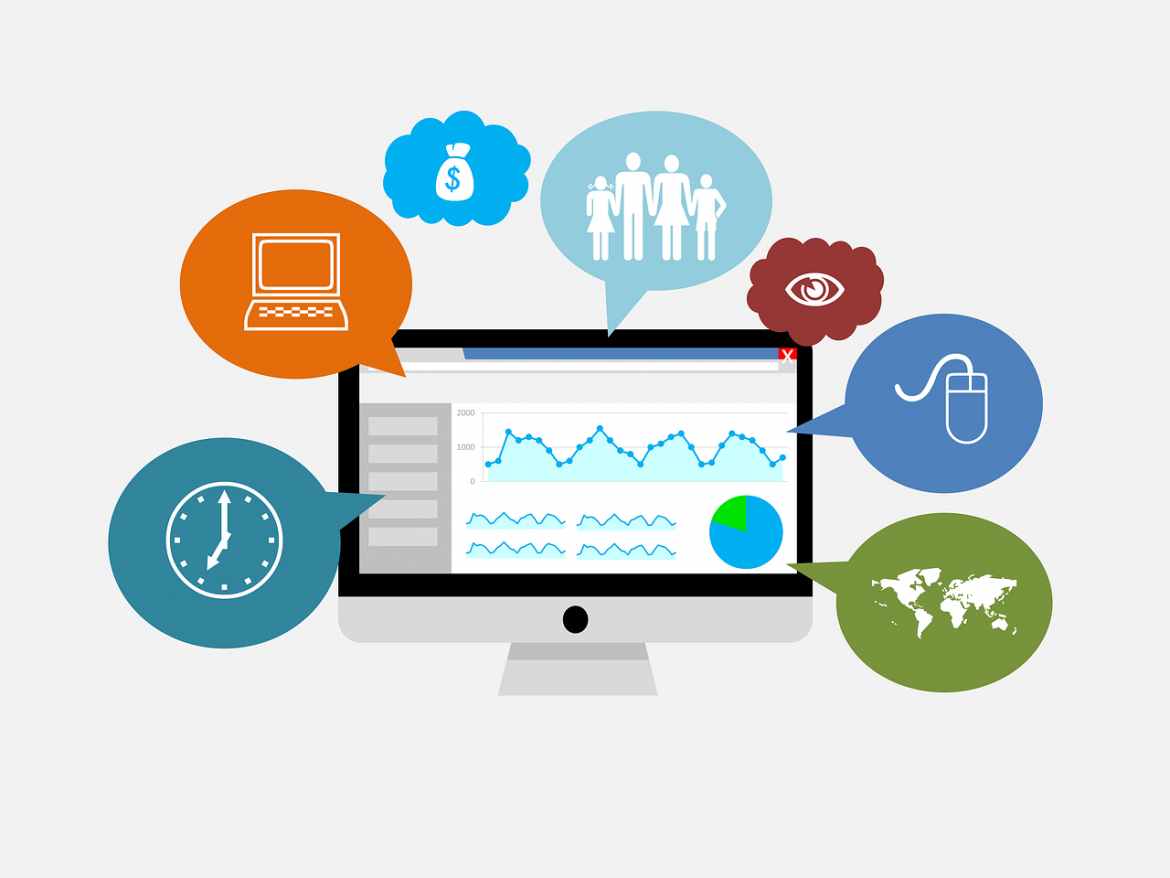Now that we’re in the digital age, we face an influx of information and big data. In the procurement management sphere, there’s also an abundance of important assets to analyze. Now that we’re in the fourth generation of procurement analysis solutions, we now have access to some of the best AI-powered, automated processing tools that can comb many data sources and run real-time batch processing. But when procurement departments don’t make use of these tools and resources, it’s hard to find the business value out of it. Here are some of the ways to implement data use and analytics in procurement processes.
Extracting more insights from sourcing operations
Starting from the root of operations, collecting and analyzing your potential suppliers’ past performance data as well as the current market’s pricing and risk assessments can give your company an edge. By doing so, you can adopt a more data-driven approach to trusting your suppliers, instead of offering contracts based on the lowest price alone, unreliable recommendations, or existing relationships between the two organizations. Moreover, you’ll have a better understanding of supplier compliance, as well as their distribution channels and contract terms.
Optimizing product selection and buying processes
All businesses want to get the best resources at the best possible price to get their budget’s worth. This is largely due to today’s highly competitive environment. Plus, supply chain efficiency is often overlooked when, in fact, it can make a huge difference in company cost management. Using data analytics, procurement can compare real-time pricing and availability from your suppliers. This can encompass transportation and logistic cost patterns and factor in many additional variables with the help of modern analytics. Further down the line, you’ll also be able to establish a more transparent and profitable relationship with your suppliers by always purchasing at the ideal price.
Foreseeing customer demands
Implementing data use and analytics can help your organization push for more quality-driven business procedures. Customer expectations will always be on the rise — they will always expect out-of-the-box or innovative features on products and services. Therefore, sifting through the abundance of consumer data can help your company identify complaints and risks much better and quicker, which can be followed by faster rectification processes to ensure customer satisfaction. Analyzing past transactions can also help you identify any recurring patterns in consumer behavior, which you can use to foresee any possible issues in the future.
Hiring Data Specialists
In order for a company to take advantage of the above they will need to hire the right people. Analyzing an abundance of data requires a very specific skill set, which is why most specialists will have studied the subject at a degree level. The good news for companies is that more people are looking for a career in data analytics. This in turn has led to universities offering online degrees in data analytics in order to meet this country-wide demand. Graduates leave these courses with skills in varying areas such as computer science, statistics, and data visualization. Investing in data specialists with extensive training will ensure that your procurement department is able to use the data it acquires to the benefit of the company.
Bottom Line
We’ve established how data analytics is an essential part of bettering your organization’s procurement processes. Extracting insights, optimizing buying processes, upskilling employees, and meeting customer demands are all essential in data analysis and are the next areas of improvement you should look into. This way, your operations can move from being more reactive to predictive. And with the help of today’s ever-evolving technology, our aptitude for analyzing crucial data will also develop over time.

